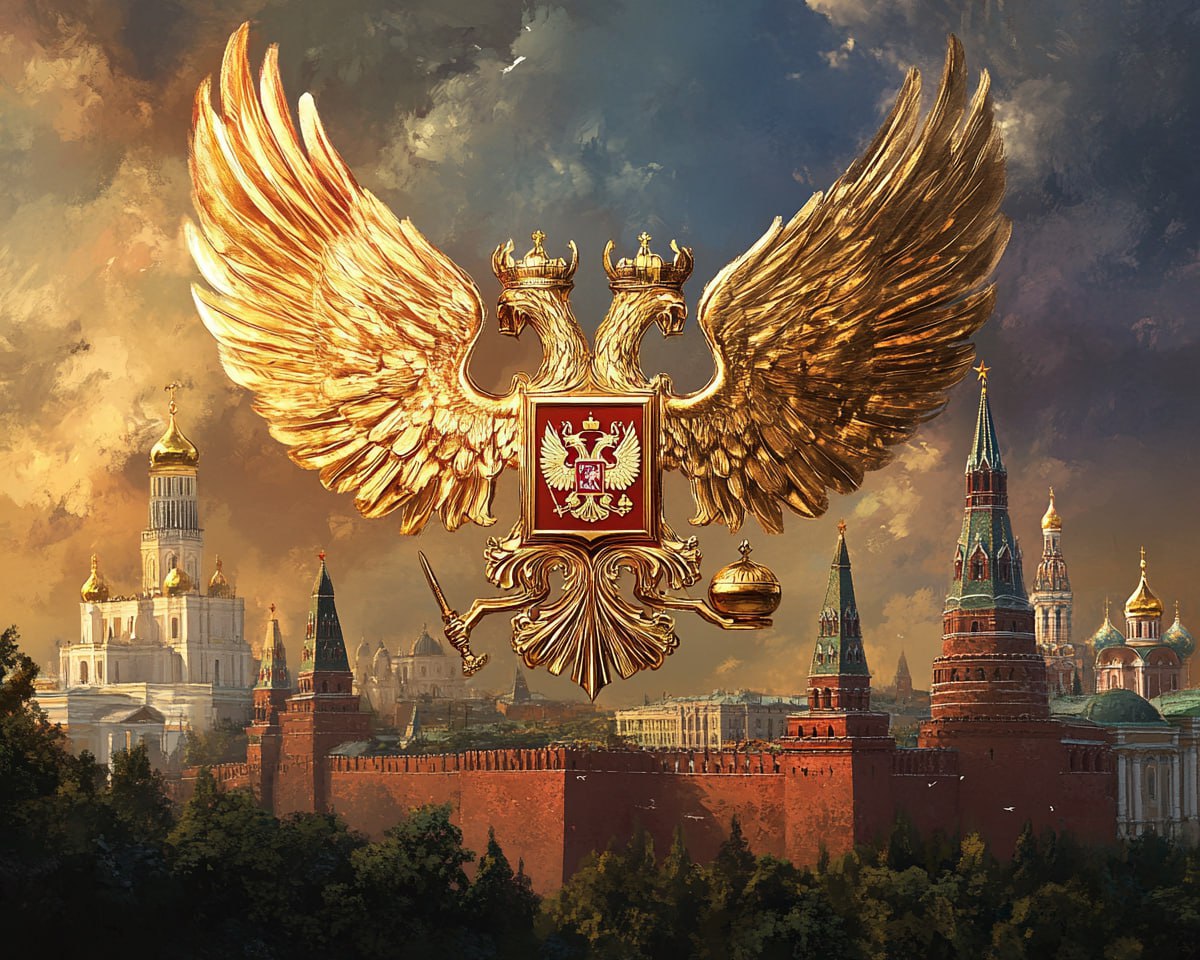Arktos
Channel's geo and language:
not specified,
Russian
Category:
not specified
Arktos - https://arktos.com
@ChannelCollection
X: https://x.com/ArktosJournal
Gab: https://gab.com/arktos
Instagram: https://instagram.com/arktosmedia
Facebook: https://facebook.com/Arktos Related channels | Similar channels
6 144
subscribers
Popular in the channel
"Multipolarity does not mean America vanishes — it means it shrinks, focuses, retreats from the i...

HO HO HO! TRUMP IS HERE! Give the gift of Esoteric Trumpism this Christmas! BUY FROM ARKTOS: C...
‘A Theory of Europe’: Insights into the New Right’s Vision of Continental Identity In August 202...

NOW AVAILABLE AS AUDIOBOOK! Julius Evola — PAGAN IMPERIALISM In Pagan Imperialism, Julius Evola...

The Sovereign Heart and the Tribunal Against Liberals Alexander Dugin argues that the nation’s s...




